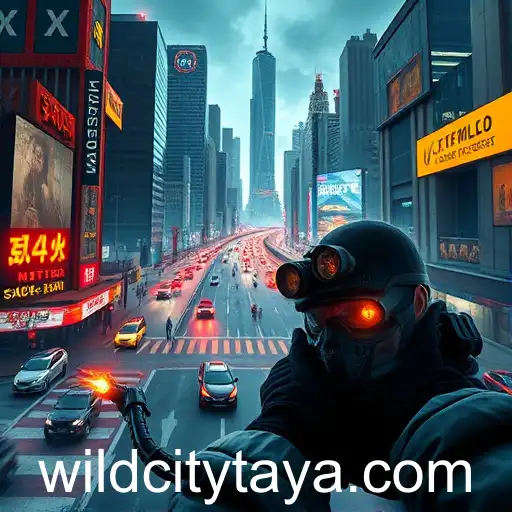
In recent years, the online gaming world has undergone a paradigm shift, with platforms like 'wildcity' leading the charge. As of 2025, gaming is no longer just a pastime; it is a cultural phenomenon that intertwines with various aspects of life.
The year 2025 has seen a significant uptick in the number of gamers worldwide, with digital platforms such as 'wildcity' becoming major hubs for communities that transcend borders. What used to be a niche interest is now a mainstream recreational activity, and the industry is booming, driving not only economic growth but also innovation in technology.
Commentators note that platforms like 'wildcity' have become central to the lives of many, influencing trends far beyond gaming itself. Their role in connecting people globally has made them social networks in their own right. Players engage in gameplay but also in discussions, events, and even activism, shaping the culture of today.
Reports indicate that these platforms are adapting to cater to an ever-expanding audience that demands more immersive and interactive experiences. Environmental storytelling, user-generated content, and real-time multiplayer interactions are not just trends; they are now expected features.
However, with rapid growth come challenges. The dynamics within the gaming community are shifting, with issues of digital wellbeing and the socio-economic access divide taking center stage. As more people join online platforms like 'wildcity', concerns about the sustainability of this digital ecosystem are increasingly voiced by experts.
Despite these hurdles, the future looks promising. 'Wildcity' and its counterparts continue to evolve, offering exciting potential for both players and developers alike. By fostering creativity and connection, these platforms are more than just games; they are powerful tools for global interaction in the digital age.


